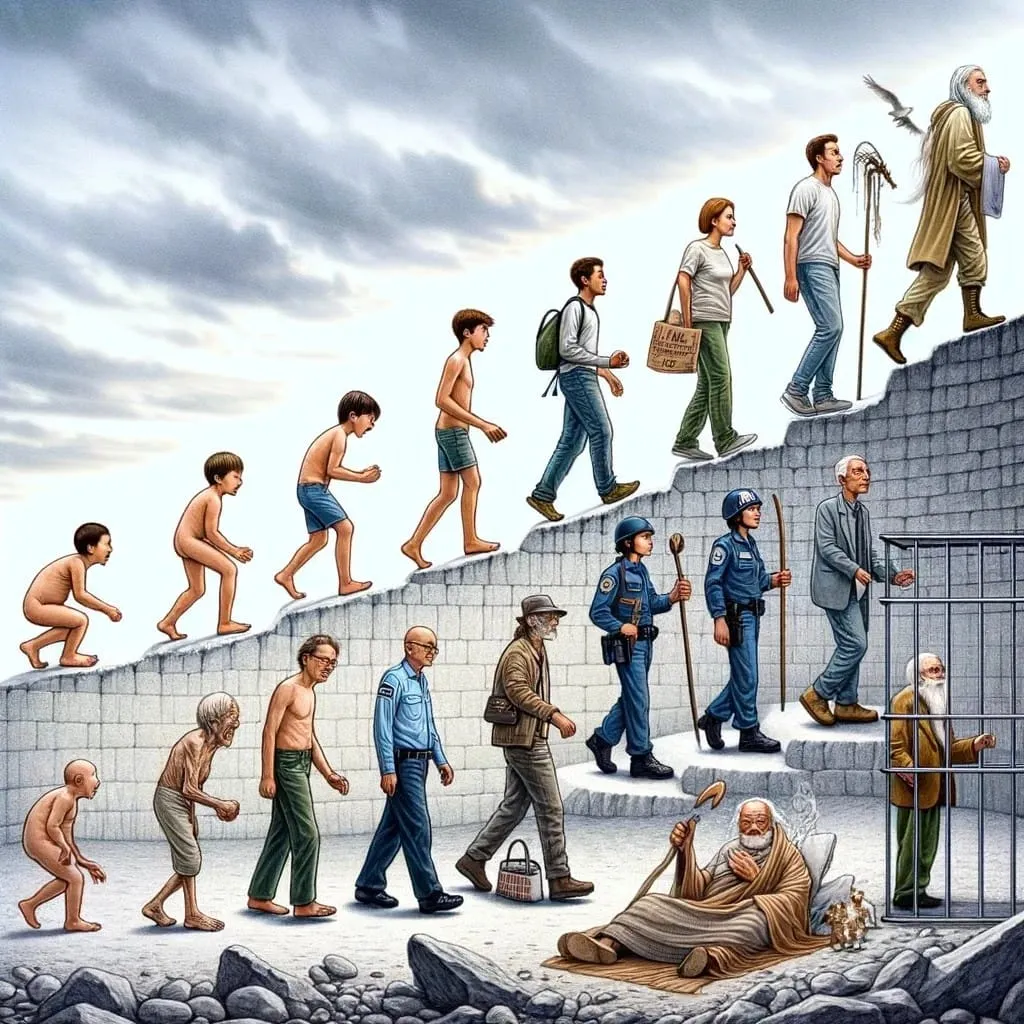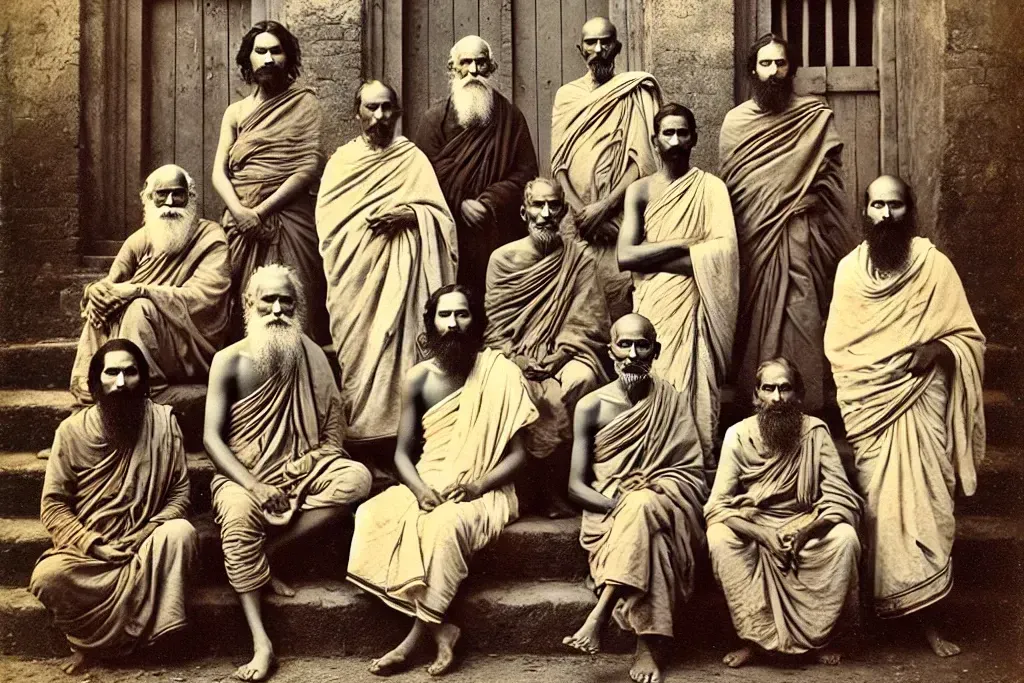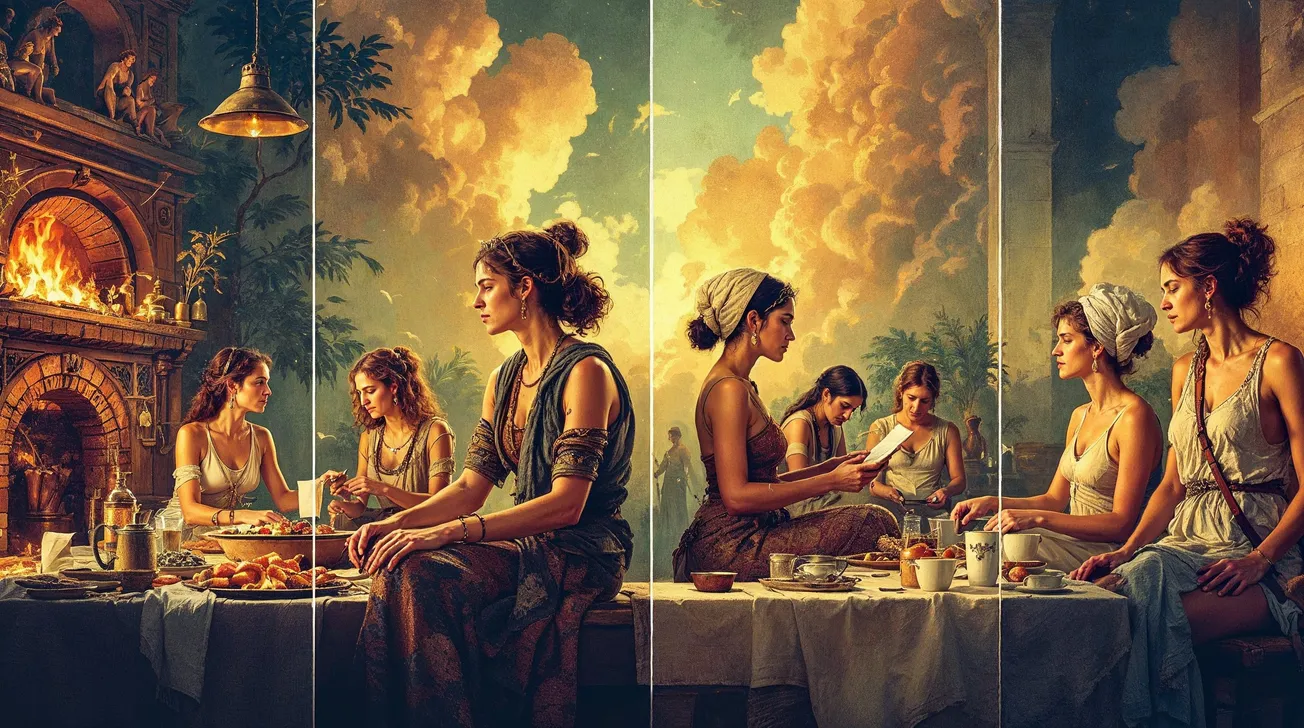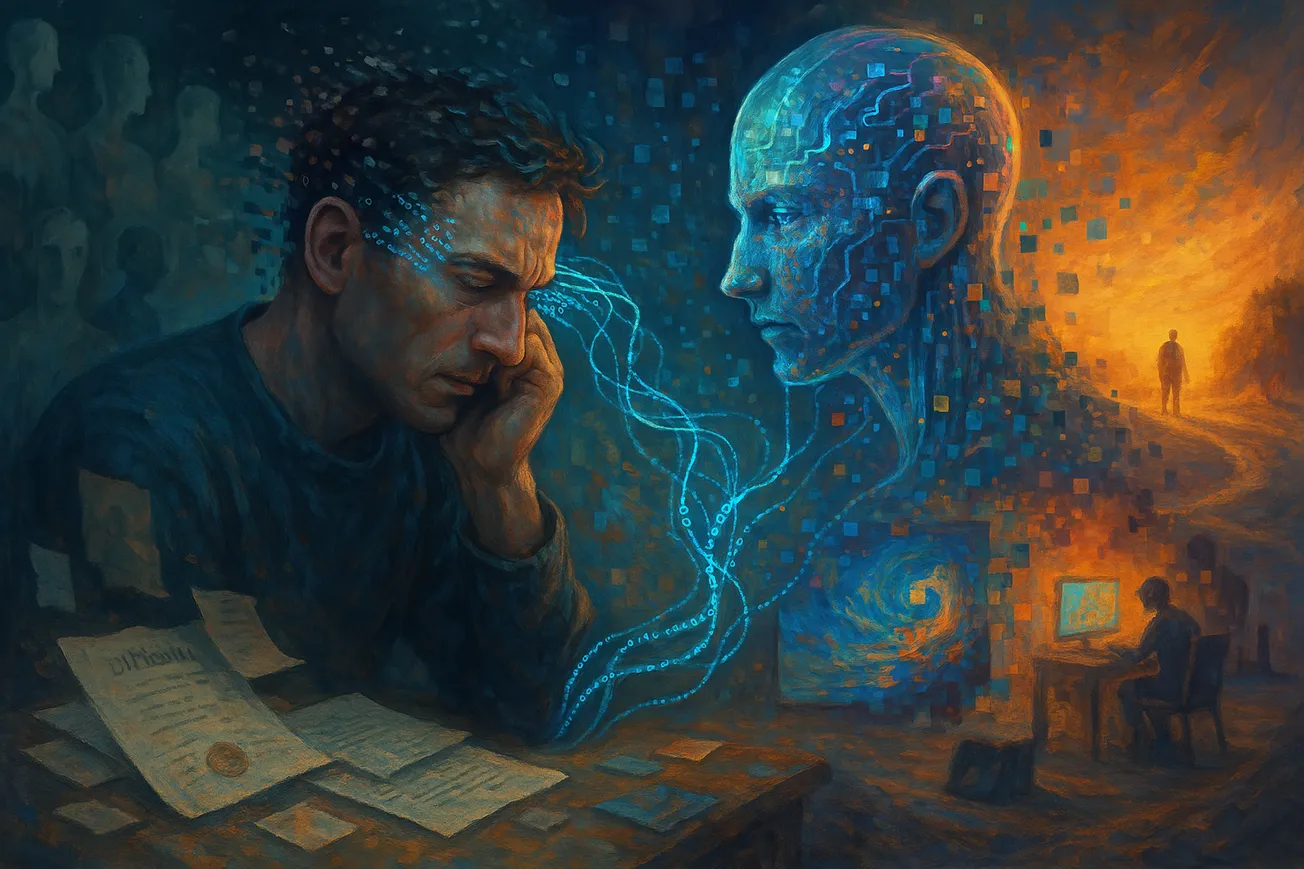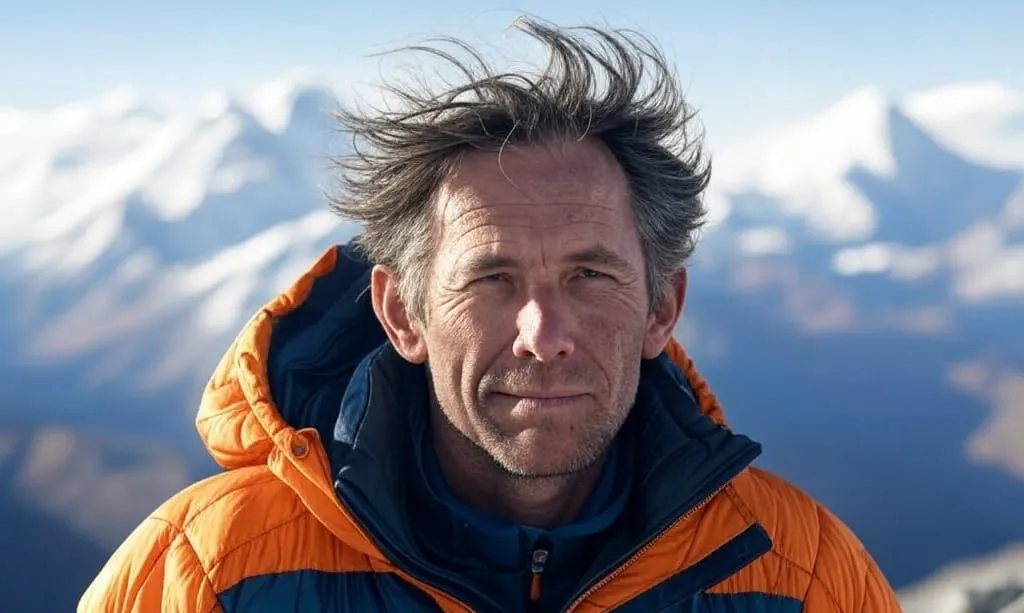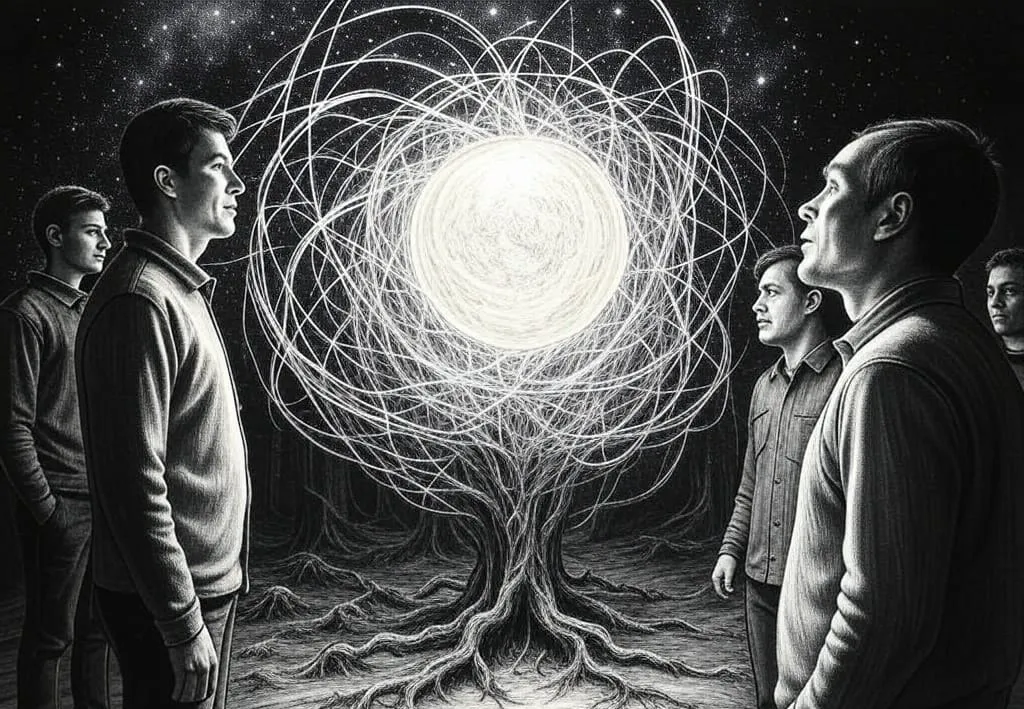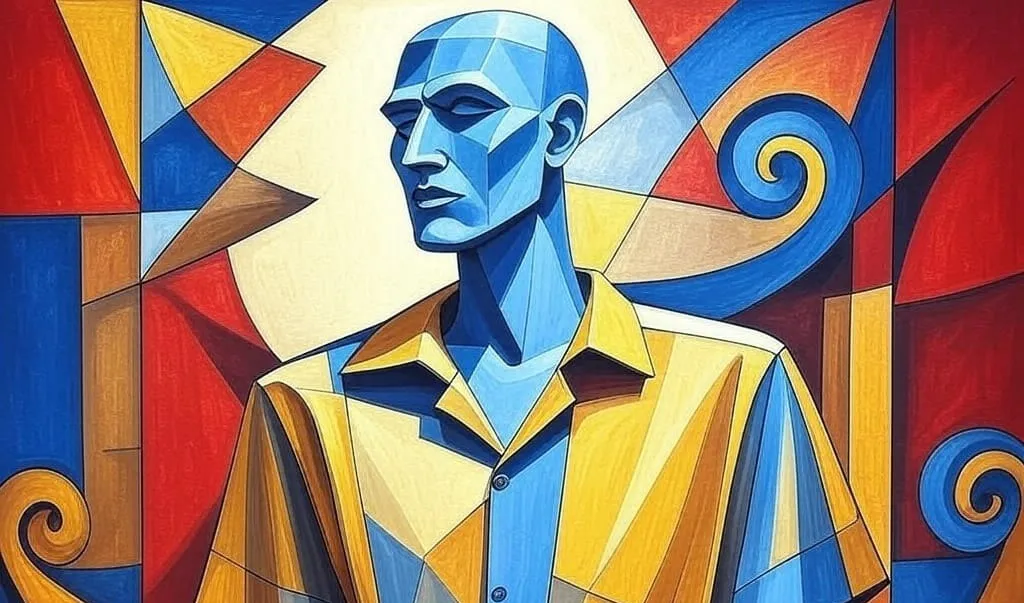Can we do anything?
We grow up imagining we can do anything, then discover real limits.
Even with limits, we still choose how we act and what we focus on.
This choice is at the core of free will.
Freedom doesn’t mean “no rules”
From childhood, rules and expectations shape what we can do.
Freedom doesn’t mean “no rules”; it means deciding how to live within them.
We make small, important choices every day that define our path.
Knowing our limits keeps real freedom alive
Whether life feels open or cramped, our inner perspective stays ours to control.
Free will is using our mindset and actions to shape what’s next.
Knowing our limits—and still choosing our response—keeps real freedom alive.
I remember a time, perhaps it is only the memory of a story told to me, when I believed a small wooden door led to an entire kingdom beyond my grandfather’s library. I was four. Perhaps five. I discovered that behind the door lay not a kingdom but a broom closet, thick with dust and the faint odor of mothballs. Yet in that earliest confusion of the real with the imagined lies something essential to free will: the capacity to dream of countless possibilities, the shock of discovering limits, and the enduring determination to seek paths despite them.
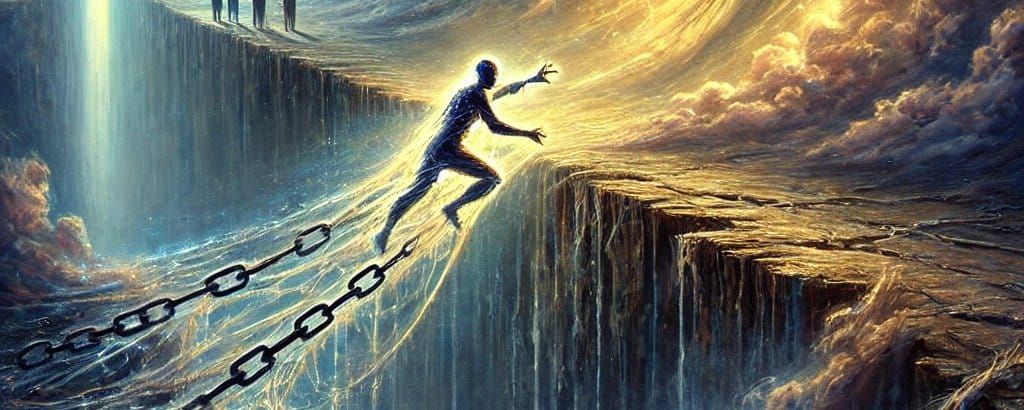
From birth, we inherit conditions that shape our choices. Consider the child who timidly crawls across a living room rug: surrounded by the firm boundaries of crib and caretaker. That child believes he acts with absolute freedom—he chooses when to giggle, when to grasp at a toy—yet his sphere is tiny, regulated by parents, home, and the edges of that rug. As we grow, these limitations expand but never fully vanish; we trade the nursery gate for the strictures of time, law, and the subtle labyrinths of social expectation. Always, there is a boundary—the broom closet door that reveals not a kingdom but a closed, narrow corridor.
Yet freedom is no mere mirage. True, we are shaped by external constraints: the city’s laws, the hush of nighttime, or the unspoken demands of those who love us. But we wield an inner faculty—a radiant awareness—that can transform stifling boxes into wide-open vistas of possibility. This inner power allows us to imagine not just what is, but what might be: to decide our next footstep, to shape the future from the clay of the present. The labyrinth of each life is unique, but within its corridors, we choose turn after turn.
In the grand library of possible actions, each moment is like a shelf lined with dusty volumes. Some are forced into our hands by necessity—a job that must be done, a promise that must be kept—while others beckon from neglected corners, their titles half-erased, waiting for us to read them or rewrite them altogether. Our free will is the ability to climb a ladder, run a finger over those spines, and select, to the best of our knowledge, the next volume we will open. Of course, we cannot read them all. Some are out of reach or written in alphabets we have yet to learn. The tragedy and triumph of freedom lie in that tension: we are free to choose, but only within the constraints of who and where we are.
Imagine two extremes. On one end, a Himalayan ascetic living in silent solitude, forging each day with minimal interference. On the other, an inmate behind iron bars, movements dictated by rules and routines. Both, ironically, share a fragment of liberty, for they can still reflect and decide how to face their moment—whether with hope, despair, creativity, or resignation. The difference, of course, is that the monk’s environment invites expansive thought, while the prisoner’s environment attempts to compress the soul. Yet even caged, we possess that unstoppable capacity for inner freedom: the mind’s faculty to reshape the meaning of a narrow cell or a wide mountaintop.
Thus, free will is not the absence of constraints but the sparkle in the human spirit that dwells among them. It is the door that sometimes opens onto a broom closet, but which the child never ceases to imagine as an entrance to a palace. It is the library in which many books stand locked away, yet still we can choose some and, if we are bold, write new lines in the margins. We exist in a universe brimming with boundaries—time, genetics, laws, obligations—but within the flux of those boundaries, the miracle of choice endures, granting us the power to shape (even if in small measure) our own destiny.
If you ever feel lost in life’s swirling labyrinth, remember this: your freedom is real, though it is not infinite. You are bound by the stage upon which you stand, but the lines you speak can still be yours to utter. Indeed, our ultimate gift as humans may be this curious partnership between necessity and possibility, between the walls that constrain us and the imagination that leaps beyond them. If we can learn to embrace both—the real and the possible—then our days, our deeds, and our dreams will shine with the quiet, persistent light of genuine freedom.
